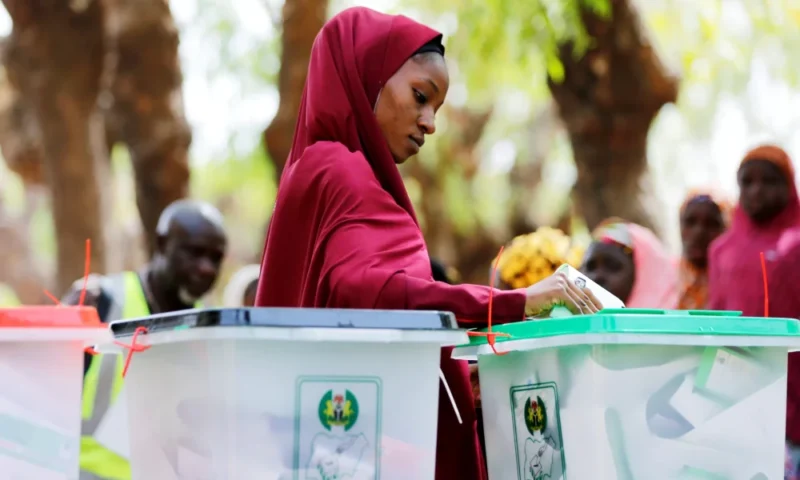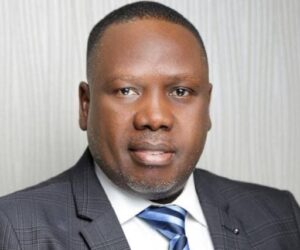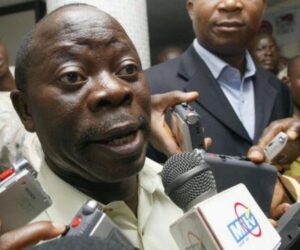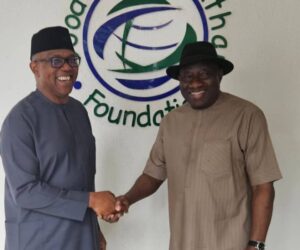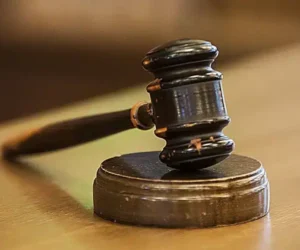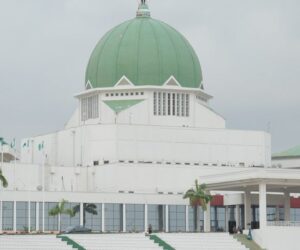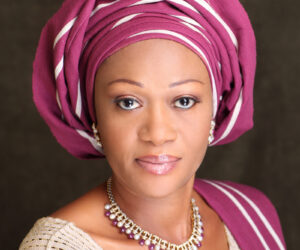The National Assembly’s (NASS) move to reschedule the 2027 general elections to November 2026, six months before the expiration of the current administration’s tenure, has sparked controversy.
Naija News reports that a draft amendment to the 2022 Electoral Act stipulates that presidential and governorship elections must be conducted not later than 185 days before the end of the incumbents’ term, effectively moving polls from the usual February/March timeline to November of the preceding year.
If passed, the draft amendment will make November 20, 2026, the official date for presidential and gubernatorial elections, with the same timeframe applying to National Assembly and State House of Assembly polls, a development that will cause a major shift in Nigeria’s electoral calendar.
The National Assembly says the plan will resolve the persistent problem of prolonged electoral litigation after swearing-in ceremonies, a situation that has seen governors and even presidents removed from office years into their terms.
Lawmakers Cite Litigation Backlog
Chairman of the House Committee on Electoral Matters, Adebayo Balogun, speaking at a one-day public hearing of the Joint Committee on Electoral Matters, explained the rationale behind the proposal.
He said: “We are proposing this adjustment to allow enough time for all election cases to be concluded before the swearing-in of elected officials. To achieve this, we are also proposing to reduce the duration of tribunal and appellate court judgments, so that all election disputes will be resolved within the 185-day window before inauguration.”
The proposed changes would amend sections 76, 116, 132 and 178 of the 1999 Constitution to move the power of fixing election timelines from the Constitution into the Electoral Act. This, according to Balogun, would allow for easier adjustments in the future without constitutional bottlenecks.
Under the new framework, election tribunals would have 90 days instead of 180 to conclude cases. Appeals at the Appellate Court would be limited to 60 days, while the Supreme Court would be required to issue its final judgments before the 185-day mark.
Early Voting Also Proposed
The draft amendment also recommends early voting for certain categories of Nigerians who are usually unable to cast their ballots on election day because of their official duties.
Those listed include security personnel, INEC officials, accredited domestic observers, journalists, and ad hoc staff of the electoral commission.
Section (2) of the proposed amendment provides that such early voting would take place no later than 14 days before the main election date, a move the lawmakers say will improve inclusivity and enfranchise groups often left out.
Critics Warn of Governance Collapse
Despite the intentions, many Nigerians are worried that the proposal would worsen governance. Critics argue that holding elections in November would push the country into permanent electioneering, distracting incumbents from their primary duty of governance.
They believe that by 2025, the entire political class, president, governors, ministers, and legislators, would be consumed by campaigns instead of delivering services.
According to critics, resources meant for development would also be diverted to campaigns.
“If elections are held in November 2026, all allocations to states from next year will be channelled into political war chests instead of infrastructure and services for citizens,” Daily Post quoted a stakeholder as saying.
ADC Strongly Opposes Proposal
Naija News reports that the African Democratic Congress (ADC) has openly rejected the proposal, describing it as a dangerous distraction from governance.
In a statement signed by its interim national publicity secretary, Bolaji Abdullahi, the party said: “By cutting the political calendar by six months, the proposal threatens to push Nigeria into a state of permanent electioneering, where politics dominates governance and development is perpetually on hold. Campaigns will begin as early as 2025, leaving barely two years of real governance before political noise takes over.”
The ADC argued that rather than shifting elections backwards, the National Assembly should focus on genuine reforms that ensure credible elections and speedy judicial resolution of disputes.
It warned: “Nigeria cannot afford a system that allows governments to campaign for two years and govern for only two. Even without the amendments, we can see how the current administration is already distracted by politics at the expense of governance.”
Analysts Say Solution Lies in Judicial Reform
Some analysts also faulted the proposal, saying the problem is not the timing of elections but institutional inefficiency.
According to Daily Post, a public affairs analyst, Prince Johnson Meekor, argued that other democracies have shown that election petitions can be resolved swiftly without altering electoral calendars.
He said: “In Kenya, the Supreme Court must resolve presidential election petitions within 14 days. Indonesia’s Constitutional Court decides similar disputes within 14 working days. Ghana’s Supreme Court has 42 days. Even in South Africa, election disputes are handled through expedited processes. Changing dates without strengthening institutions will not solve anything.”
He stressed that Nigeria’s reforms should focus on empowering INEC and the judiciary to deliver timely justice, not pushing the electoral timetable backwards.
On the other side, proponents argue that the new timetable would reduce electoral malpractice and level the playing field.
A Lagos-based lawyer, Kayode Akiolu, said simultaneous presidential and governorship elections would prevent the kind of manipulation seen in 2023.
He explained: “If both elections were held on the same day in 2023, Governor Babajide Sanwo-Olu would have lost to Labour Party’s Rhodes-Vivour. The Labour Party clearly won the presidential election in Lagos, but because Bola Tinubu was declared president, federal structures were deployed to secure Sanwo-Olu’s victory. If the elections had been simultaneous, Tinubu would have been too busy with his own race to help the governor.”
According to Akiolu, when elections are staggered, incumbents at one level of government often use their resources to influence the other. But simultaneous polls, he said, make everyone focus on survival.
He added, “That is why in 2023, many unknown candidates and smaller parties were able to win seats in state and national assemblies. Legislators, governors and the president only cared about their own races that day, not anyone else’s.”
The proposal remains at the public hearing stage, but it has already divided opinion sharply between those who see it as a path to electoral integrity and those who believe it will undermine governance.
Naija News reports that if passed, Nigeria’s next general elections would be held in November 2026, not February or March 2027, setting a new precedent in the nation’s democratic journey.
For now, the debate continues, with Nigerians asking whether the country truly needs an electoral calendar shift or stronger institutions to enforce credibility and justice in the system.
© 2025 Naija News, a division of Polance Media Inc. Contact us via [email protected]

